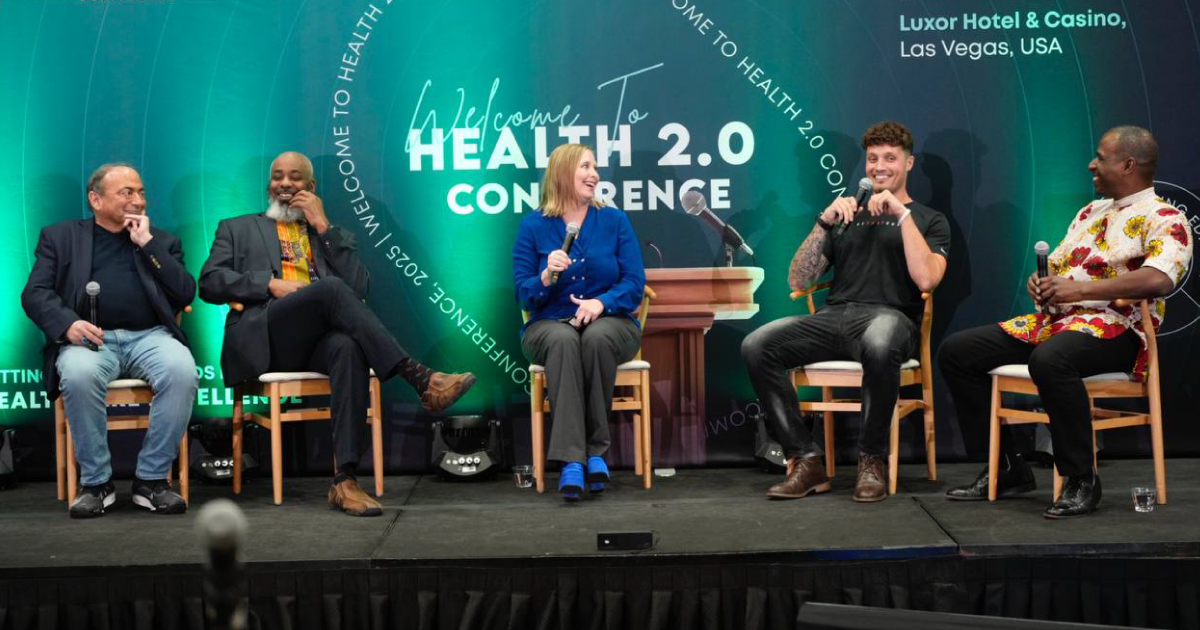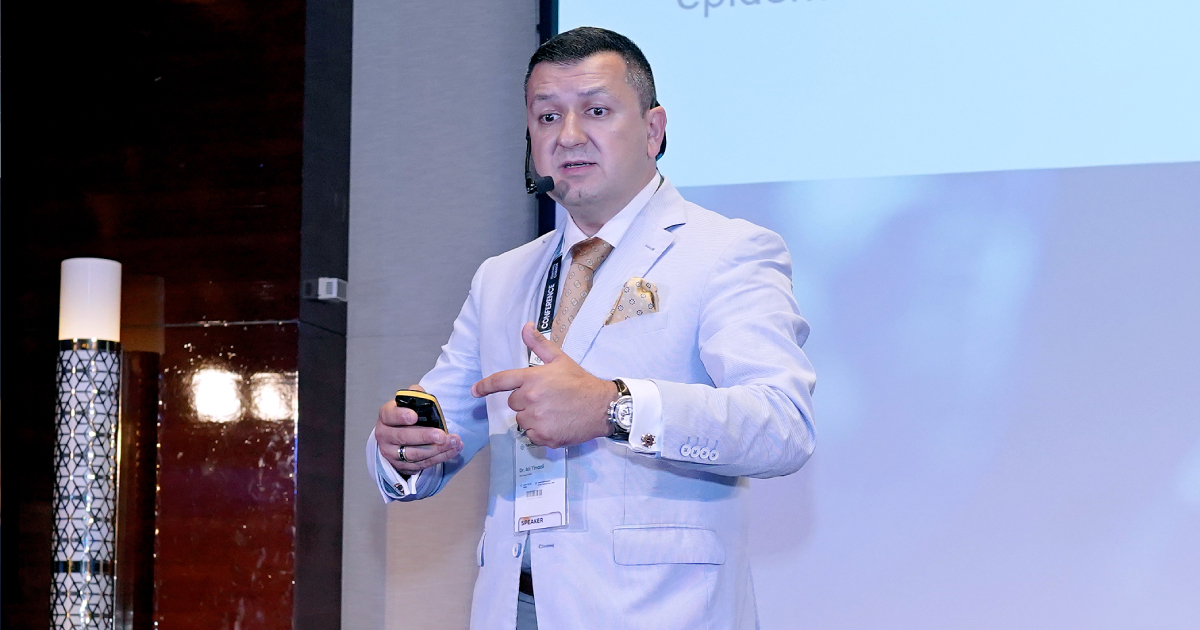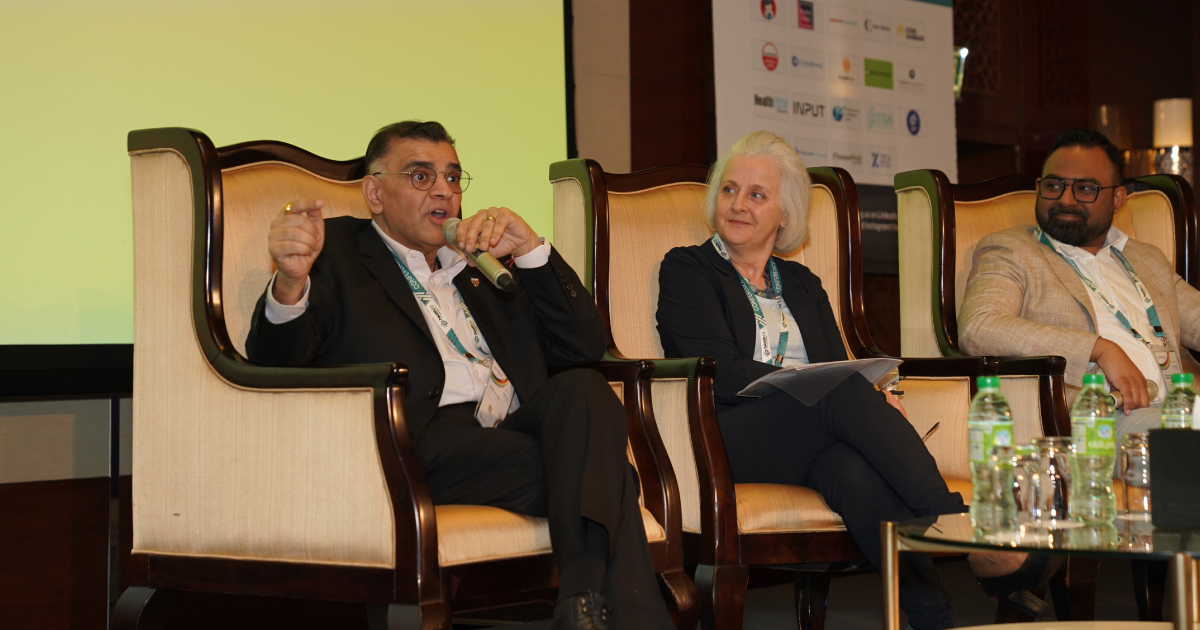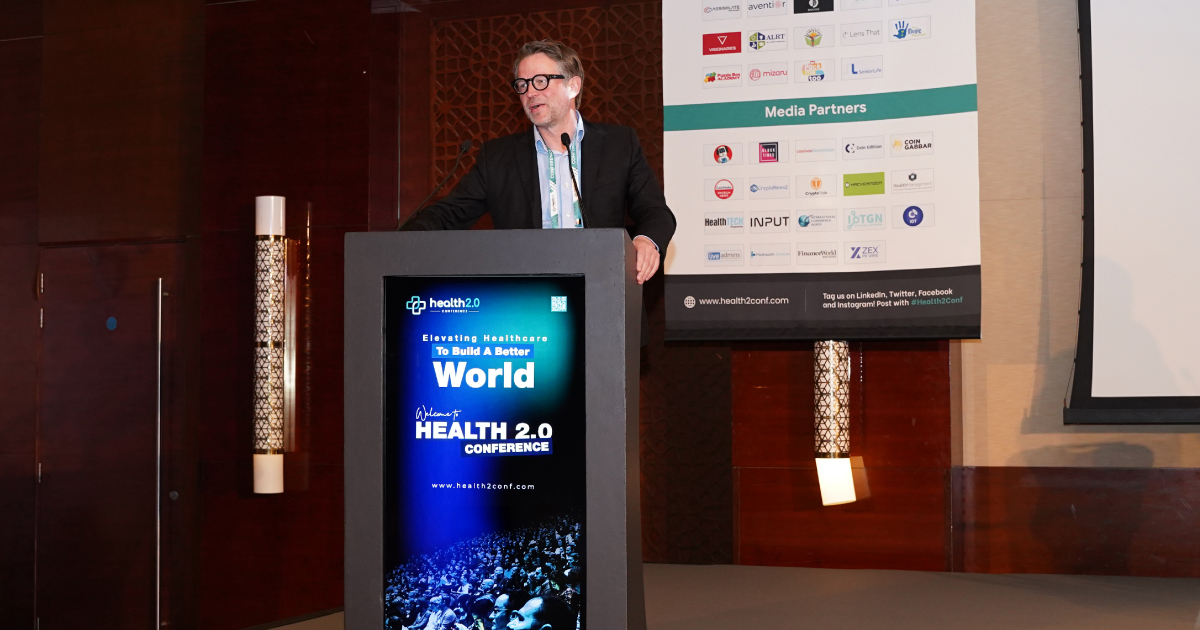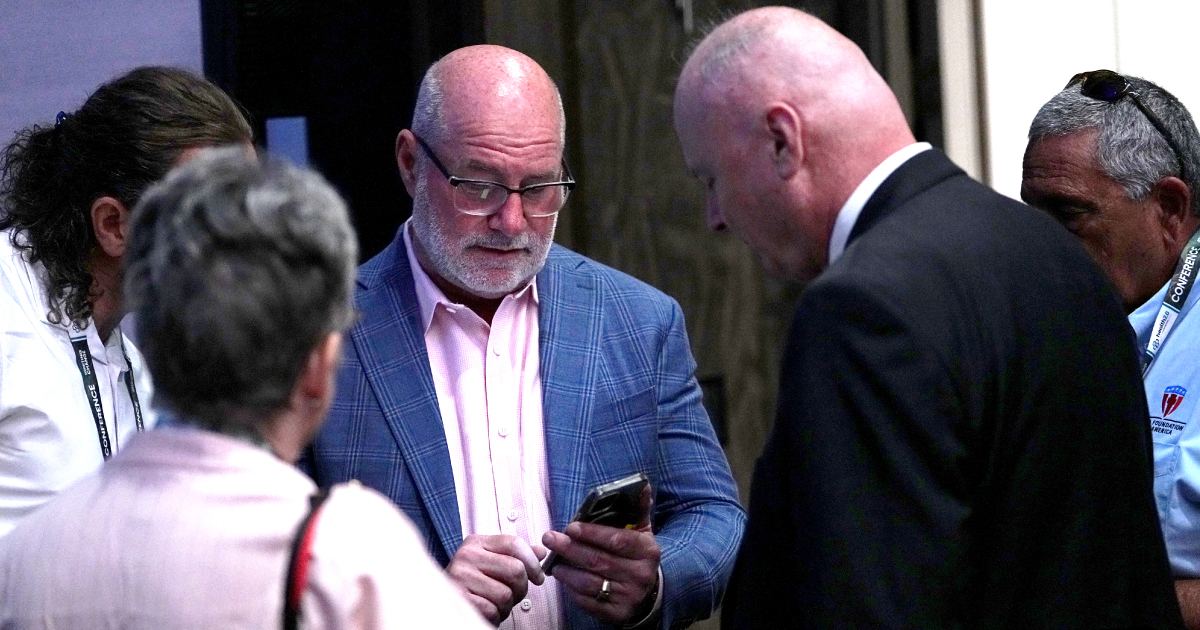In the fast-paced and ever-evolving world of healthcare, it is important to ensure that healthcare professionals possess legit qualifications. The trust and safety of patients depend on the authenticity of medical certifications. However, the healthcare industry is not immune to scams. The proliferation of fake certifications poses a significant risk to patient well-being and the reputation of the profession.
In this blog post, we will explore the world of medical certification scams and provide you with the tools and knowledge to identify legitimate qualifications in healthcare for scam prevention.
The Growing Threat Of Medical Certification Scams
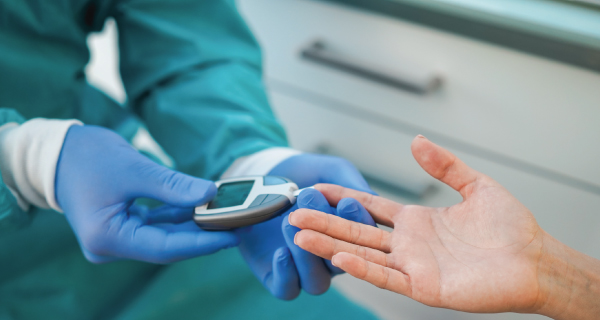
The digital age has brought both convenience and complexity to the healthcare industry. While technology has streamlined many processes, it has also created new avenues for fraudulent activities. Health 2.0 Conference, a top healthcare conference, shears some key points to consider regarding the growing threat of medical certification scams:
- Online Marketplaces For Fake Certifications
With the rise of the internet, it has become alarmingly easy for individuals to purchase fake medical certifications online. Scammers often operate on dark web platforms or less-regulated websites, offering counterfeit diplomas, licenses, and credentials that closely resemble authentic documents.
- The Implications For Patient Safety
The consequences of healthcare professionals possessing fraudulent certifications can be dire. Patients' lives are at stake when unqualified individuals provide healthcare services. Misdiagnoses, improper treatments, and substandard care can lead to patient harm or even fatalities.
- The Damage To Healthcare Reputation
Beyond individual harm, medical certification scams tarnish the reputation of the entire healthcare industry. It erodes trust in healthcare providers and institutions, making patients and the public skeptical of healthcare professionals' qualifications.
- Regulatory Challenges
Regulatory bodies and authorities struggle to keep up with the evolving tactics of scammers. Identifying and prosecuting those involved in medical certification scams can be a complex and time-consuming process, allowing these fraudulent operations to persist.
Recognizing Red Flags In Medical Certifications
To protect yourself, your loved ones, and the integrity of the healthcare profession, it is crucial to be able to recognize red flags in medical certifications. According to experts at leading health events, here are specific indicators that should raise suspicion:
- Lack Of Accreditation
Legit medical certifications and qualifications are typically issued by accredited institutions. Verify the accreditation status of the institution that issued the certification. Scammers often create fictitious institutions or use names that closely resemble respected organizations.
- Inconsistencies In Document Quality
Pay close attention to the quality of the certification documents. Legitimate certificates and licenses are usually printed on high-quality paper with security features, such as watermarks and holograms. Poor printing quality, misspelled words, or glaring errors are indicative of fraudulent documents.
- Unusual Or Unverified Online Platforms
If an individual's qualifications are listed on obscure or unverified websites or platforms, exercise caution. Legitimate healthcare professionals are typically registered with recognized professional organizations and institutions.
- Lack Of Transparency
Be wary of healthcare professionals who are reluctant to provide verifiable information about their qualifications. Transparency is a hallmark of legitimate healthcare practitioners who are proud of their training and education.
Verifying Medical Certifications
Healthcare scam attacks are growing popular. From medical equipment to self-care product scams, these are posing trouble for various healthcare seekers. It is thus a priority for health events to inform everyone about methods to verify their legitimacy. Below are several steps you can take to verify a healthcare professional's qualifications.
- Contact Accrediting Bodies
Contact the accrediting bodies or licensing boards relevant to the healthcare profession in question. These organizations can confirm whether an individual holds valid qualifications.
- Check With Professional Organizations
Many healthcare professionals belong to professional organizations. These organizations often maintain directories of their members, including their qualifications.
- Verify With Educational Institutions
Reach out to the educational institutions listed on the healthcare professional's certifications. Confirm the individual's attendance and graduation records. Legitimate institutions will readily provide this information.
- Cross-Reference Information
Cross-reference the information provided by the healthcare professional with publicly available databases, such as state licensing boards and professional registries. Ensure that the details match.
Reporting Suspected Medical Certification Scams
Experts at top healthcare conferences believe reporting suspected medical certification scam offenses is essential. This is the first step in safeguarding the healthcare industry and protecting patients. Here's how you can take action, as the Health 2.0 Conference experts suggested.
- Contact Regulatory Authorities
If you have concrete evidence or strong suspicions of a medical certification scam, report it to the relevant regulatory authorities. They have the resources and jurisdiction to investigate and take legal action.
- Alert Professional Organizations
Inform professional organizations associated with the specific healthcare profession about your concerns. They can investigate and take disciplinary actions against their members if necessary.
- Notify Institutions
If you come across fraudulent qualifications associated with an educational institution, inform the institution immediately. They can take steps to protect their reputation and take action against any individuals involved in fraudulent activities.
Conclusion
In an era where trust and authenticity are paramount, staying vigilant against medical certification scams is not only a responsibility. By staying informed about legit scam prevention tactics, highlighted by the Health 2.0 Conference experts, you can ensure a safe healthcare experience. Together, we can help maintain the integrity of the profession and protect those in need of medical care.






